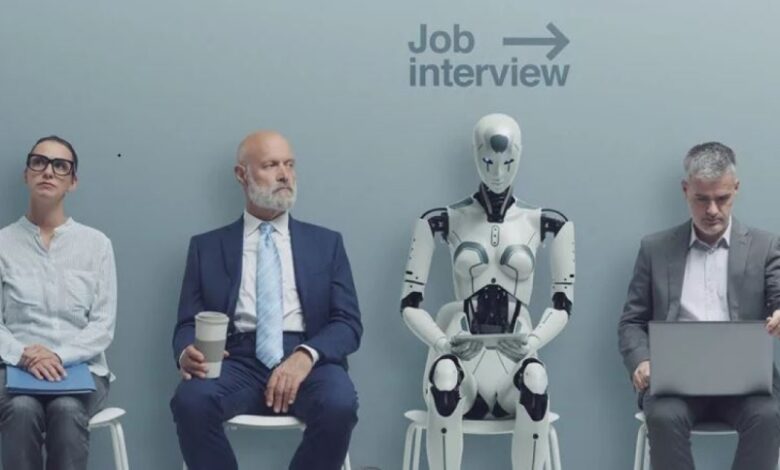
The growing integration of artificial intelligence (AI) technologies is reshaping parts of the American labor market, with younger workers disproportionately affected.
A recent study conducted by Stanford University has revealed that employment among software developers aged 22 to 25 has declined by 20 percent since late 2022. In sectors most vulnerable to AI, employment for this age group dropped by around 6 percent, while industries with limited AI adoption actually experienced a 9 percent increase in hiring.
Customer service roles, particularly positions in call centers, were identified as some of the hardest hit by automation. The study suggests that AI systems are increasingly capable of performing tasks that previously required entry-level human labor, leading to a reduction in opportunities for younger employees.
In contrast, older workers in AI-intensive fields have seen employment growth. Researchers explain that while AI can replicate basic skills learned through education, it cannot replace the experience and knowledge accumulated over years of work, giving older employees a competitive advantage.
The study also found that job losses are more significant in roles that AI can fully automate, compared to positions where technology serves as a supportive tool. For example, the healthcare sector, where AI assists rather than replaces human workers, has seen employment growth across all age groups.
Researchers relied on data from ADP, a U.S.-based company that tracks between 3.5 and 5 million full-time employees monthly. While the findings clearly demonstrate AI’s impact on employment, the study cautions that other factors—such as post-pandemic labor adjustments and broader economic conditions—may also influence labor market trends.
Despite covering millions of workers, the data does not fully capture the distribution of businesses across the United States, meaning some sectors may experience different effects than those highlighted in the report.
The Stanford study underscores the importance of preparing younger generations for an AI-driven economy, emphasizing reskilling, upskilling, and policies that support workforce adaptability.
As AI adoption continues to expand across industries, policymakers and employers face increasing pressure to ensure that technology complements human labor rather than displaces it, particularly for entry-level workers.
The findings highlight a growing generational divide in labor market outcomes, suggesting that younger workers may face prolonged challenges if appropriate interventions are not implemented.
Follow The Times Kuwait on X, Instagram and Facebook for the latest news updates












